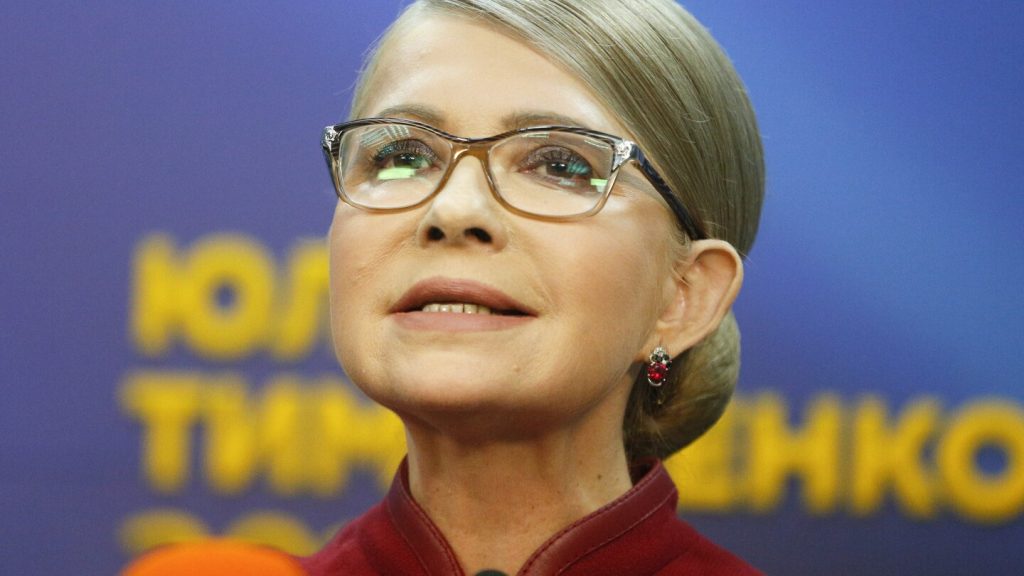The Russian government has placed former Ukrainian Prime Minister Yulia Tymoshenko on its wanted list, according to reports from Russian state media. Tymoshenko is facing unspecified criminal charges, joining other Ukrainian officials, including President Volodymyr Zelenskyy and his predecessor Petro Poroshenko, on the list. The database also includes officials and lawmakers from Ukraine and NATO countries. Tymoshenko’s party, Batkivshchyna (the Fatherland), has not yet commented on the situation. The prime minister of Estonia, Kaja Kallas, a strong advocate for increased military aid to Ukraine and tougher sanctions against Russia, is also on the list for allegedly removing Soviet-era monuments in Tallinn.
Russian laws criminalize the “rehabilitation of Nazism,” including the “desecration” of war memorials, which is the reason behind the wanted status of individuals like Kallas. Cabinet ministers from Estonia and Lithuania, as well as the International Criminal Court prosecutor who prepared a war crimes warrant for President Vladimir Putin, are also on Russia’s list. The head of Ukraine’s military intelligence, Kyrylo Budanov, has been charged with “terrorist” activities, including drone strikes on Russian infrastructure, according to Moscow. These actions highlight the escalating tensions between Russia and Western countries, particularly in light of Russia’s annexation of Crimea and ongoing conflict in eastern Ukraine.
The addition of Tymoshenko to Russia’s wanted list comes amid a backdrop of strained relations between Moscow and Kyiv. Tymoshenko, a prominent figure in Ukrainian politics, previously served as prime minister and has been a vocal critic of Russian actions in Ukraine. The move is seen as a further escalation in the ongoing conflict between the two countries, with both sides accusing each other of aggression and interference in internal affairs. The targeting of high-profile Ukrainian officials and their foreign allies is a tactic that Russia has used in the past to exert pressure and influence in the region.
The inclusion of Kallas and other NATO officials on Russia’s wanted list underscores the broader geopolitical implications of the situation. The Russian government has been increasingly assertive in its actions against Western countries, particularly those in the NATO alliance. The move to target individuals like Kallas, who have taken a strong stance in support of Ukraine, is a calculated attempt to intimidate and undermine Western support for Kyiv. It also reflects Russia’s efforts to assert its influence in the region and challenge the perceived encroachment of Western powers in its sphere of influence.
The charges against Tymoshenko and other Ukrainian officials are likely to further strain relations between Russia and Ukraine, as well as with Western countries. The ongoing conflict in eastern Ukraine, the annexation of Crimea, and the broader geopolitical tensions between Russia and the West show no signs of abating. The wanted list issued by Russian authorities is a clear indication of the ongoing power struggle and competition for influence in the region. The international community will be closely monitoring the situation and the potential implications for regional stability and security. The targeting of high-profile figures like Tymoshenko underscores the high stakes involved and the complex dynamics at play in the ongoing conflict between Russia and Ukraine.


